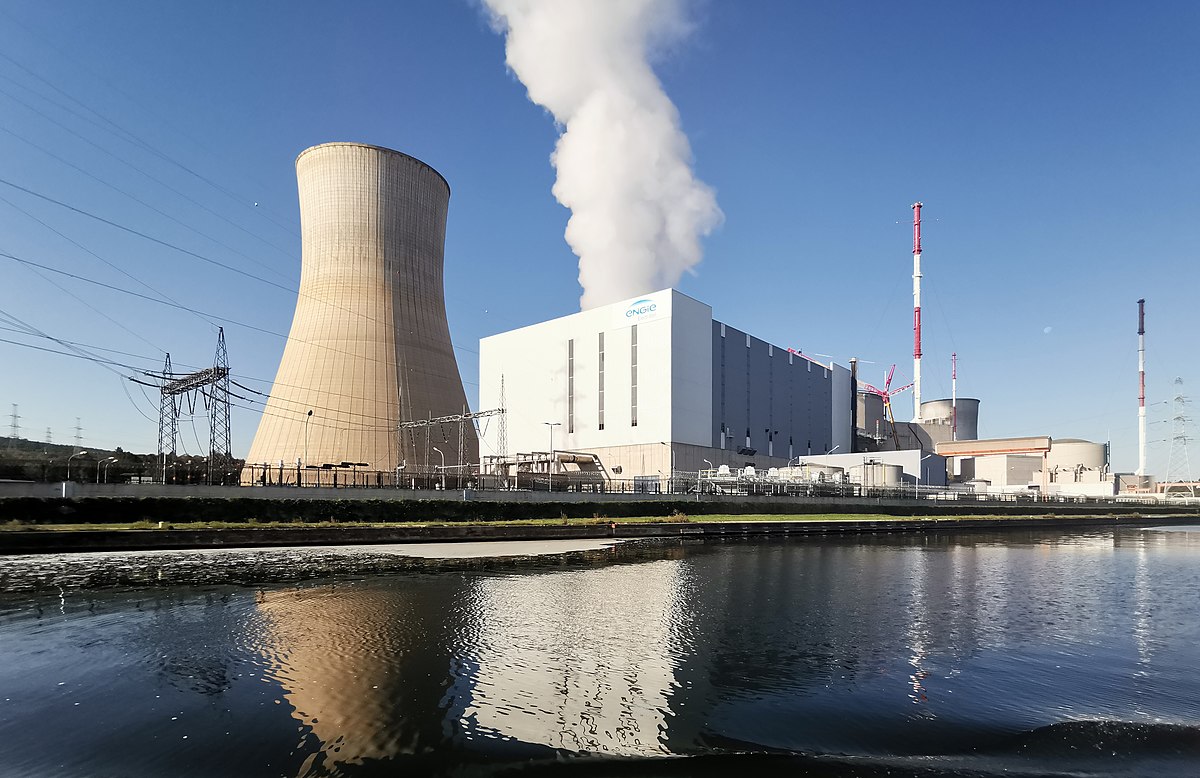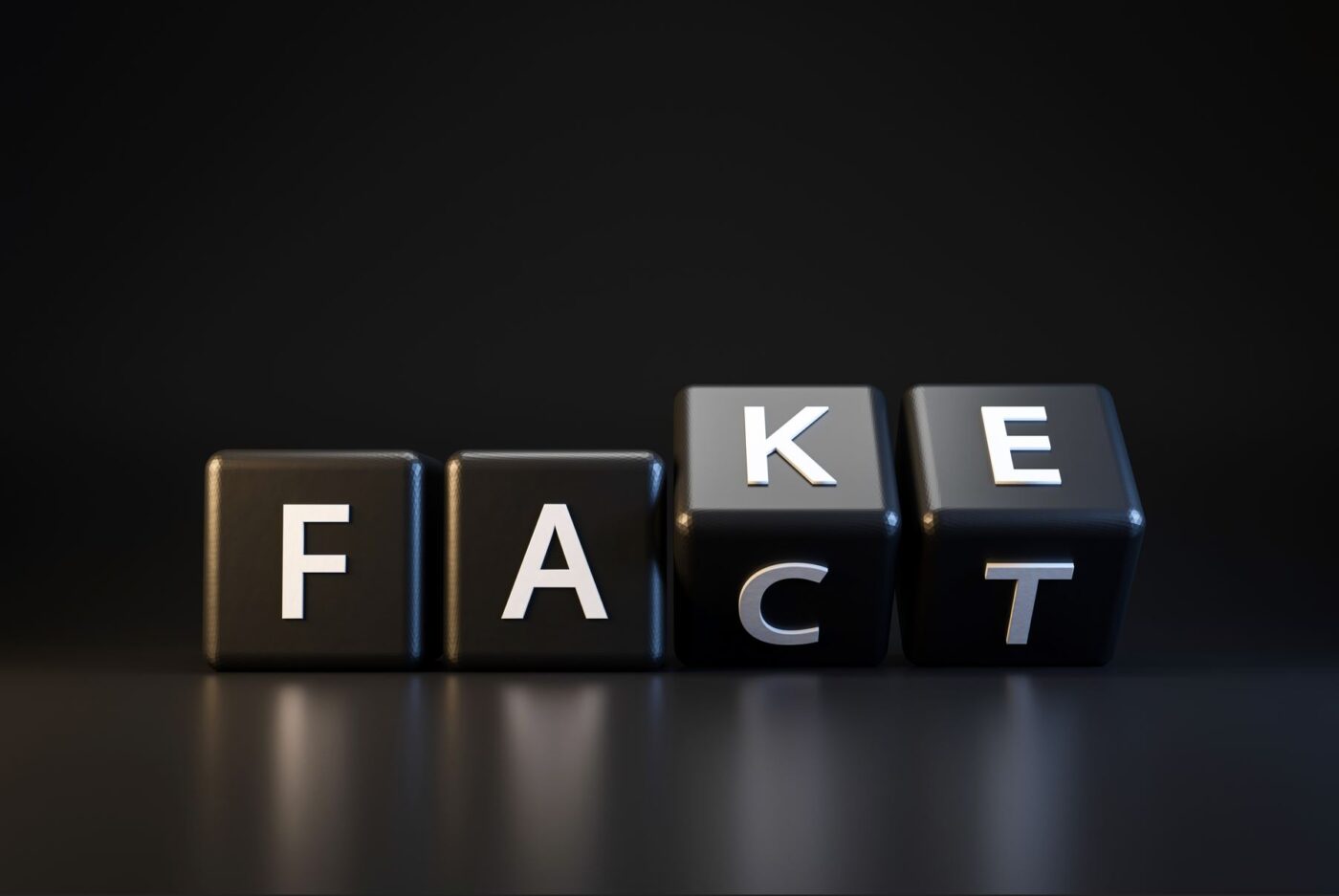The German government should agree to let the European Commission take over the negotiations on the terms of construction of Nord Stream 2 with Russia, wrote Germany’s Sueddeutsche Zeitung last Wednesday. The construction of the gas pipeline is a source of concern for Central and Eastern European countries – reminds the daily.
Daniel Broessler, the author of the commentary and the newspaper’s Brussels correspondent, right at the beginning wrote that Germany was 'carelessly’ reacting to the reservations about the Nord Stream 2 project.
„The German government uses a very simple equation as an argument: more gas means more security of supply,” Broessler wrote, but also argued that the equation „includes a few variables which are not that certain.”
According to the author, the European Commission’s warning that the Baltic pipeline will make the gas routes across Ukraine and Belarus „almost entirely spurious” should be treated seriously.
„This will change the already problematic balance of power in the region to the detriment of those states. In the past Russia had no qualms about letting Ukraine and Belarus know that they depend on Russian imports. If the states cease to be transit countries, Russia’s tone towards them will become even more rough,” the article said.
Broessler also points to the fact that Nord Stream will change the situation in the EU itself. He reminded that the EU was for the diversification of energy sources. In his opinion it is hard to understand how to achieve this goal by allowing the biggest supplier to up its deliveries. „Once the pipes are on the seabed, there will be no turning back. Europeans will not have any instruments to stop the market strength of Russia’s Gazprom,” the German journalist warned.
According to Broessler this is not just a question of fair competition. „The Russian energy sector is part of the state apparatus and is obviously used as a foreign policy tool,” he stressed. „Germans may argue that Russia and earlier the USSR have always been reliable exporters. However, they cannot ignore the fact that some EU partners have justified concerns. Solidarity is also about treating such concerns seriously,” the commentator wrote.
„Germany should not fight back against the EC negotiating with Russia the terms of the gas pipeline across the Baltic Sea,” the author believes. Perhaps – he points – this is how the biggest concerns could be dispelled. „In this case the countries from the East will also have to accept the project, which they currently reject,” Broessler wrote.
In his opinion the risk that there will be no agreement, or that Russia will not want to negotiate has to be accepted. „This will mean Nord Stream 2 is not in line with European interests,” Broessler concluded.








